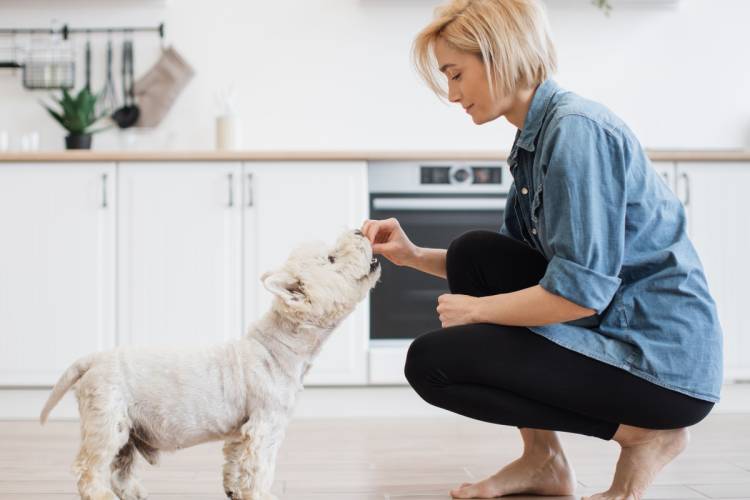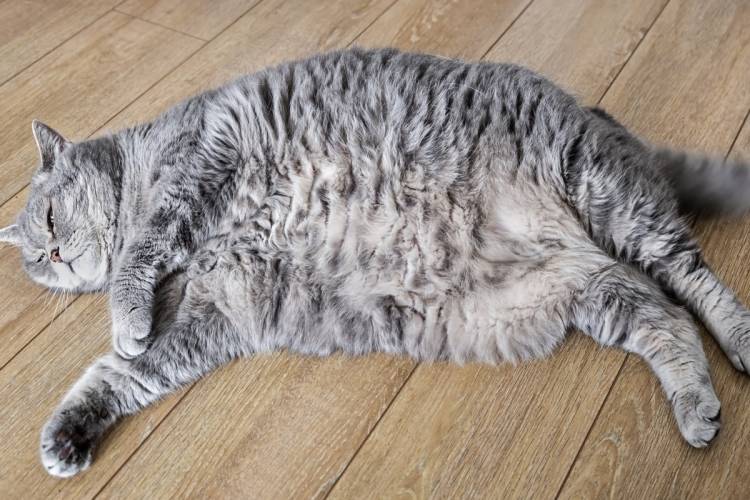Obesity in pets: How does it affect them?
Obesity in pets can have important consequences for their quality of life. Whether you have an overweight dog or cat, find out how to help them.
pets
Share

For animals, having an optimal weight is more important than you might think, since being overweight can cause not only diseases, but problems in the joints and bones of the animal that can affect its mobility and quality of life. Therefore, it is essential to monitor our pet's food and exercise levels throughout their lives.
Obesity in dogs
Nutrition and exercise are key factors for our dogs to maintain an optimal weight. This will vary for each animal, depending on variables such as breed, age and size.
During routine visits to the vet we can monitor our dog's weight to adjust their diet and exercise as necessary at each stage of their life.
Food should be high-quality, preferably natural, and treats given throughout the day must be included in the daily ration.
Daily exercise is essential for dogs, regardless of their age, breed or size, because it ensures an optimal weight, in addition to a healthy and happy life. We must not forget that city-dwelling dogs have more limited exercise opportunities, so trips to the mountain, where possible, are a great option to compensate for this.
Obesity in cats
Home-dwelling cats may have a tendency to gain weight because they exercise less than stray cats. A suitable high-quality diet, adapted to the needs of each animal, will be essential.
To facilitate exercise at home, you can opt for games, scratch poles and other elements of environmental enrichment that encourage cats to exercise around the house. In households where there are two cats of a similar age they can play with each other, representing a form of exercise that is also fun for them and brings great benefits.

Causes of obesity in pets
The main causes of being overweight in pets are inadequate nutrition - whether given in excess or insufficient quality - and a lack of exercise. But other factors must also be taken into account, such as possible predispositions owing to genetics or race, such as, for example, in the case of Labradors or Golden Retrievers, who are gluttons by nature and whose diet must be strictly monitored.
Dogs and cats also have a tendency to gain weight after sterilisation, so we must be on the lookout for any increase in weight. In these cases, it can be solved with appropriate nutrition for this circumstance.
Being overweight can also be caused by a disease, such as hypothyroidism, so if weight gain appears over a short time it is advisable to carry out an analysis to rule out possible disease or illness.
Risks of being overweight for pets
Being overweight can have many detrimental effects on your pet's health, such as cardiovascular or respiratory disease, diabetes or problems in the joints, musculature and bones, especially in older animals.
Therefore, a pet's weight must be monitored throughout its life, but even more so in later life, when it is even more important to ensure appropriate nutrition and exercise levels.
And, of course, any alteration in your pet's weight should be accompanied by a trip to the vet in order to rule out underlying conditions.






